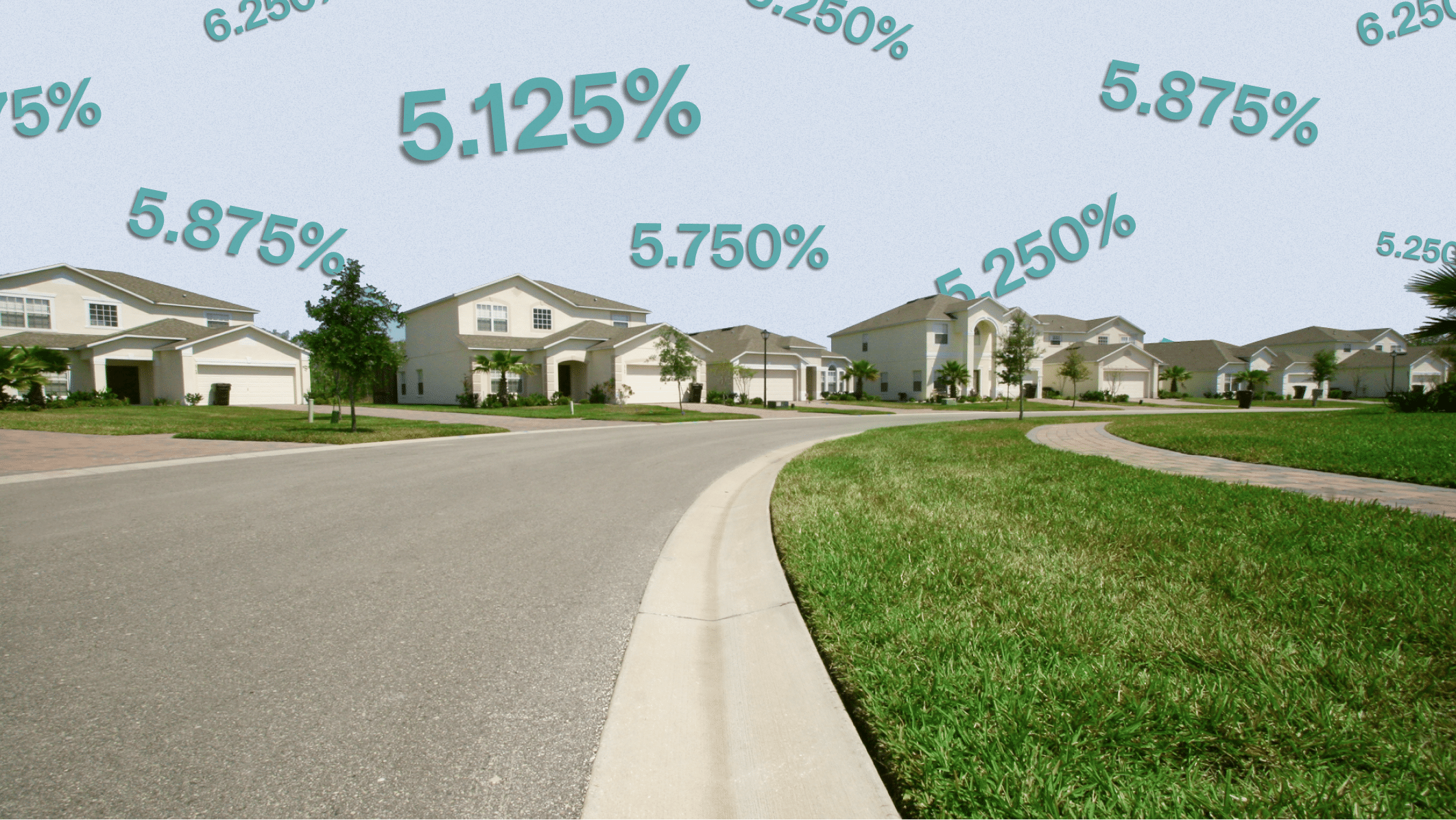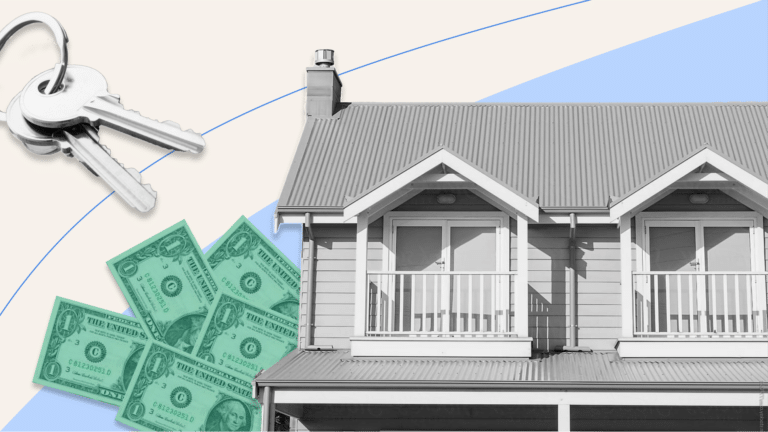Jobs numbers remain strong, home price growth slows
Mortgage rates rose again on a weekly basis, but we saw some improvement towards the end of this week. This comes on the heels of a February jobs report that was strong, but cooler than January’s report, which stoked greater concern around inflation.
While small, the rate improvement is encouraging for buyers looking for any help they can get while moving ahead in this environment. Data from the Mortgage Bankers Association shows mortgage application volume increasing over 7% last week, pointing to the fact that many buyers are on the sidelines, testing the waters and acknowledging that the current rate environment is unlikely to shift anytime soon.
Buyers should see some relief when it comes to home prices, as growth there continues to slow. The week ending March 4th accounted for the slowest growth in prices since June 2020, according to Reatlor.com. Housing inventory, while higher than this time last year, remains low and continues to fall, making for limited choices in many markets.
In terms of the macroeconomic climate and its impact on mortgage rates, many are looking to the Fed’s upcoming meeting on March 22nd. Expectations and commentary around the Fed’s next move has been mixed, and uncertainty remains around the extent of upcoming rate hikes. Many continue to anticipate another hike of .25%, but a higher hike could be possible given recent signs that inflation is not letting up.
Buyer Question
I’ve heard that buydowns can also be paid for by a lender or a realtor. Is this true and, if so, how exactly does that work?
– Silvana T., Glendora, CA
First off, a buydown is when you receive a lower rate for a set period of time in the beginning of the life of a loan, usually the first few years. In the current rate environment, buydowns have seen a surge in popularity, and there are a few different ways they can be structured and funded.
On the funding side, here are your options:
- Lender Funded: A buyer locks a rate with lender credits that can be used to fund a rate buydown, rather than to defray closing costs.
- Seller Funded: The seller pays a fee to the mortgage lender in exchange for your lower rate.
- Realtor: Your realtor pays a fee to the mortgage lender in exchange for your lower rate.
So yes, your lender or your realtor can also fund your buydown, in addition to the seller. Buyers should keep in mind that a buydown is different from purchasing points, which can also decrease your interest rate. Buydowns are typically better suited to those who expect to be in a home for a shorter period of time. Anyone considering a buydown should be sure that they can afford the loan at the full interest rate that will eventually take effect.







